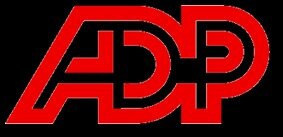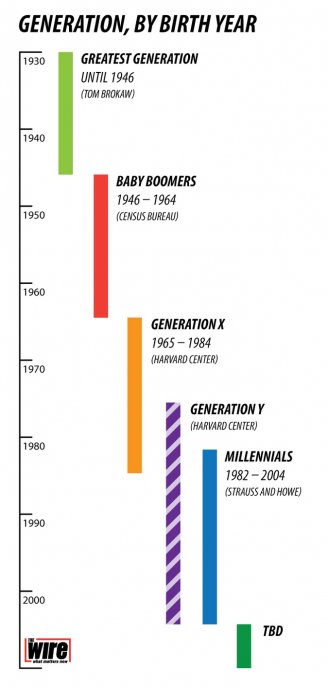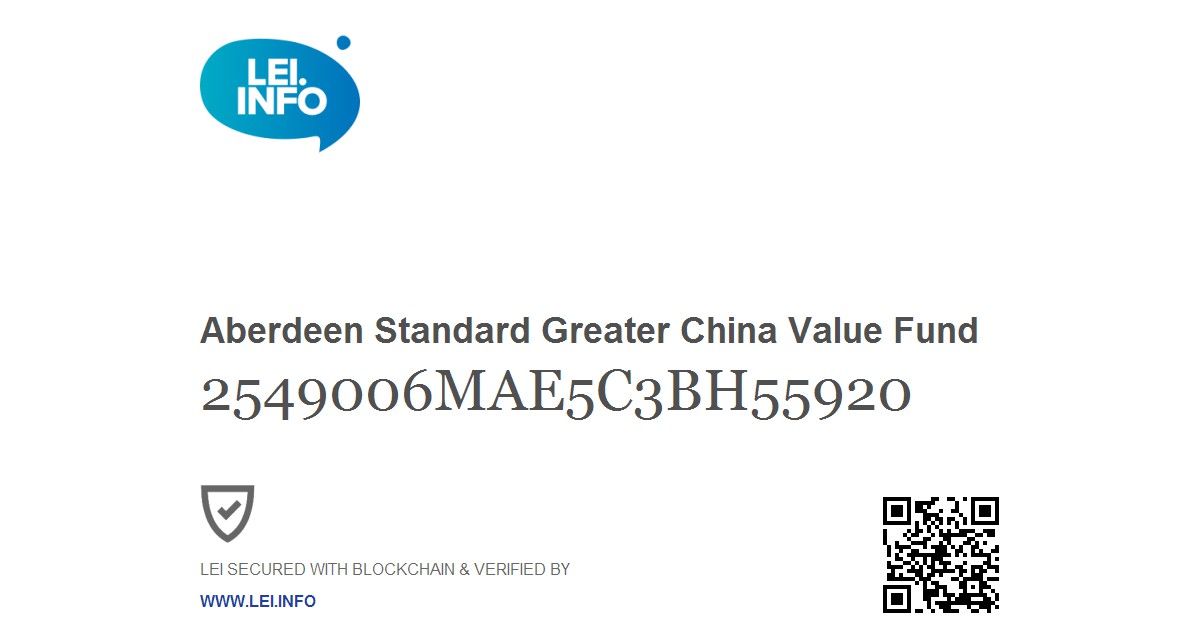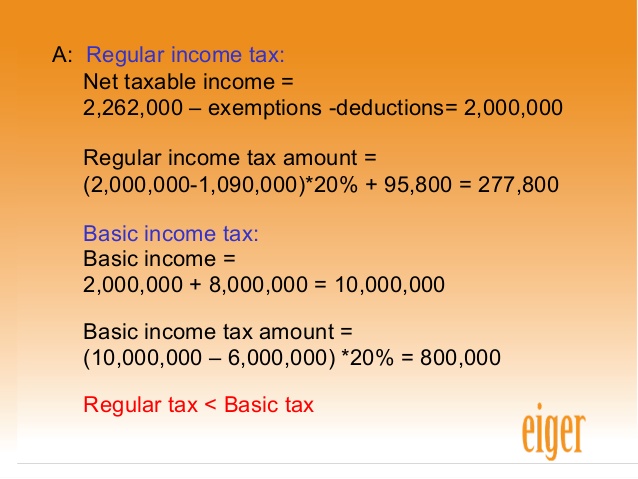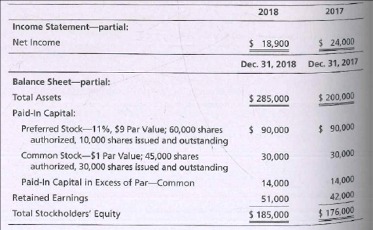What is FASB Financial Accounting Standards Board? Definition Meaning Example

Last but not least, consistency calls for reporting comparable activities and occurrences in the same way. Therefore, reports must be created by adhering to similar structures and guidelines. Working to combine various accounting and financial reporting requirements developed by both entities, the FASB and IASB want to create a single set of international financial reporting standards.
Congress passed the Securities Exchange Acts of 1933 and 1934 to prevent companies from misleading investors with fraudulent financial statements. In 2009, the FAF launched the FASB Accounting Standards Codification, an online research tool designed as a single source for authoritative, nongovernmental, generally accepted accounting principles in the United States. A «basic view» version is free, while the more comprehensive «professional view» is available by paid subscription. It works with international accounting bodies to tackle arising issues and promote global agreement of accounting principles. It is part of the International Financial Reporting Standards Foundation (IFRS) and wants to harmonize accounting across the world. The FASB emphasizes transparency and inclusion for keeping trust in financial reporting.
The FASB follows a set of standards known as Generally Accepted Accounting Principles (GAAP). Learn how stakeholder feedback influenced the Board’s technical and research agendas and standard-setting process as of June 29, 2022. Steve Todd, founder of Open Sourced Workplace and is a recognized thought leader in workplace strategy and the future of work. With a passion for work from anywhere, Steve has successfully implemented transformative strategies that enhance productivity and employee satisfaction.
What is the FASB (Financial Accounting Standards Board)?
FASB Chair Richard R. Jones provides an update on quarterly activities as well as his reflections on FASB activities and priorities, including stakeholder outreach. These reports, including the most recent, are available in our Reference Library by quarter. Some praised the transparency, others criticized it for complexity and additional costs.
The Financial Accounting Standards Board (FASB) is a private standard-setting body[1] whose primary purpose is to establish and improve Generally Accepted Accounting Principles (GAAP) within the United States in the public’s interest. The Securities and Exchange Commission (SEC) designated the FASB as the organization responsible for setting accounting standards for public companies in the U.S. The FASB replaced the American Institute of Certified Public Accountants’ (AICPA) Accounting Principles Board (APB) on July 1, 1973.
To uphold its goal and purpose while also promoting transparency, FASB makes sure to regularly teach accountants of its standards and respective pros. The non-profit FASB is funded primarily through accounting support fees, which are paid by U.S. corporations that issue publicly traded securities. This funding method was written into the Sarbanes-Oxley Act of 2002, as amended (the Sarbanes-Oxley Act). The FASB also receives revenue from the sales of subscriptions and publications.
FASB removes goodwill project from its technical agenda
The Financial Accounting Standards Board (FASB) is responsible for setting the U.S. Generally Accepted Accounting Principles (GAAP), and interpreting and enforcing them across reporting entities in publicly traded companies in the United States of America. It ensures the proper treatment of accounting principles and financial information so that companies can provide accurate reports to their investors. They join forces with other accounting groups, like the Securities and Exchange Commission (SEC), to guarantee consistency and observance of regulations. Furthermore, they collaborate with international standard-setting bodies to bolster global agreement of accounting standards.
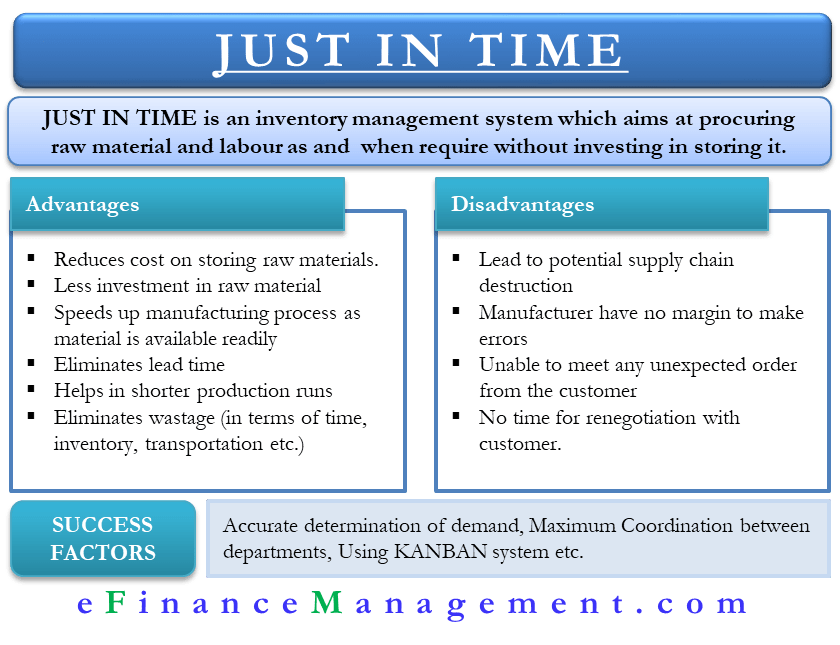
It works with other stakeholders, such as regulators and industry pros, to keep improving accounting practices. The U.S. Securities and Exchange Commission (SEC) is presently reviewing the standards-setting procedure, so the FASB’s future is unclear. The SEC is debating whether to install a brand-new, autonomous regulator in lieu of the FASB.
Company
In 2001, the Financial Accounting Foundation (FAF) separated from the Financial Accounting Standards Board, which now has a sole focus on creating accounting principles that provide transparency to investors. Accounting standards are the guidelines companies use to report information, such as financial conditions and results of operations, in their annual reports. To establish, sustain, and enhance accounting standards, the FASB collaborates closely with other accounting groups. The FASB is governed and funded by the Financial Accounting Foundation (FAF), which was established in 1972 as an independent, private-sector, not-for-profit organization.
The primary responsibility of the FASB is to make sure that all middlemen who handle financial information, such as CPAs (certified public accountants), produce thorough reports that are distributed to stakeholders. A market and businesses can operate more effectively when a collection of standards is followed consistently. In the U.S., public corporations, numerous private businesses, as well as a number of federal What is fasb and non-profit groups usually adopt FASB standards. More than 120 nations use the FASB’s standards as the foundation for their accounting systems, which makes it one of the main organizations in the world that sets accounting standards. The FASB issues financial accounting standards that are used by companies in the U.S. These compatible standards are also recognized by other countries around the world.
Although FASB board members are appointed for five-year terms, each member is eligible to be reappointed to an additional five-year term. The Accounting Principles Board (APB) existed as the predecessor to the FASB from 1959 to 1973. In 1974 the FASB replaced the APB and then created the ten principles of GAAP that still stand today. Seven full-time board members run the standard-setting entity responsible for transparent financial accounting and reporting for all U.S. companies. The SEC recognizes FASB as the sole organization liable for creating and regulating all accounting and financial standards for public companies and suggests that private companies follow these standards as well. However, only the SEC has the authority to enforce these rules set by the FASB.
Now Available: 2021 FASB Agenda Consultation Report
The International Accounting Standards Board is an independent, international organization. The FASB (Financial Accounting Standards Board) has a major influence, impacting the financial world greatly. Its standards ensure accuracy, transparency, and comparability between businesses. In 1973, it was established to replace the Committee on Accounting Procedure and the Accounting Principles Board. The move was to address concerns about inconsistencies in accounting standards, emphasising the need for a more standardised approach. Professionals go through years of education to truly grasp the bookkeeping standards and principles that are already in place.
It is officially designated as the body responsible for setting accounting standards for public companies through a transparent and inclusive process. The FASB is recognized by the Securities and Exchange Commission (SEC), the American Institute of CPAs (AICPA), and several state Boards of Accountancy. FASB is a private, non-profit organization that establishes financial accounting standards.
Finance Strategists is a leading financial literacy non-profit organization priding itself on providing accurate and reliable financial information to millions of readers each year. The articles and research support materials available on this site are educational and are not intended to be investment or tax advice. All such information is provided solely for convenience purposes only and all users thereof should be guided accordingly. My Accounting Course is a world-class educational resource developed by experts to simplify accounting, finance, & investment analysis topics, so students and professionals can learn and propel their careers. How the FASB positions organizations for a successful and smooth transition to new standards.
The FASB’s history goes back to its predecessor, the Accounting Principles Board (APB), which was founded in 1959. The APB didn’t do well, due to delays in issuing standards and its links to professional groups. The Financial Accounting Foundation (FAF) is responsible for appointing the seven core members of the board of the FASB, who typically come from a variety of origins and experiences. The FASB and the Governmental Accounting Standards Board (GASB) both operate under the supervision of the FAF, which is an autonomous, private-sector, non-profit entity.
- This strategy is predicated on the notion that accounting standards ought to be founded on overarching principles as opposed to detailed regulations.
- GAAP refers to a set of accounting principles, standards, and procedures used for preparing and presenting financial statements.
- The FASB is the primary accounting standards-setting body in the United States, while the IASB is the primary accounting standards-setting body for international financial reporting.
- They define best practices and interpretation of these GAAP principles, giving businesses the information they need to make good business decisions.
Our writing and editorial staff are a team of experts holding advanced financial designations and have written for most major financial media publications. Our work has been directly cited by organizations including Entrepreneur, Business Insider, Investopedia, Forbes, CNBC, and many others. GAAP refers to the rules and regulations that are the foundation for how companies report financial information.
A recent change made by the FASB allows companies to restrict the information that is conveyed to the investors, which may not be as relevant. The rule applies more to biotech and drug companies who conduct trials and testing phases, which may not be as relevant to investors besides the impact of the finished product itself. Learn more about how Clearwater Analytics can help with investment accounting and reporting by scheduling time to speak directly to an expert. The FASB’s main goal is to design new and effective reporting guidelines for all companies that sell goods or services in the United States. This is in order to provide financial reporting objectives that promote a transparent discussion of the reporting entity’s financial position, results from its operations, and cash flows. The FASB is governed by seven full-time board members, who are required to sever their ties to the companies or organizations they work for before joining the board.

